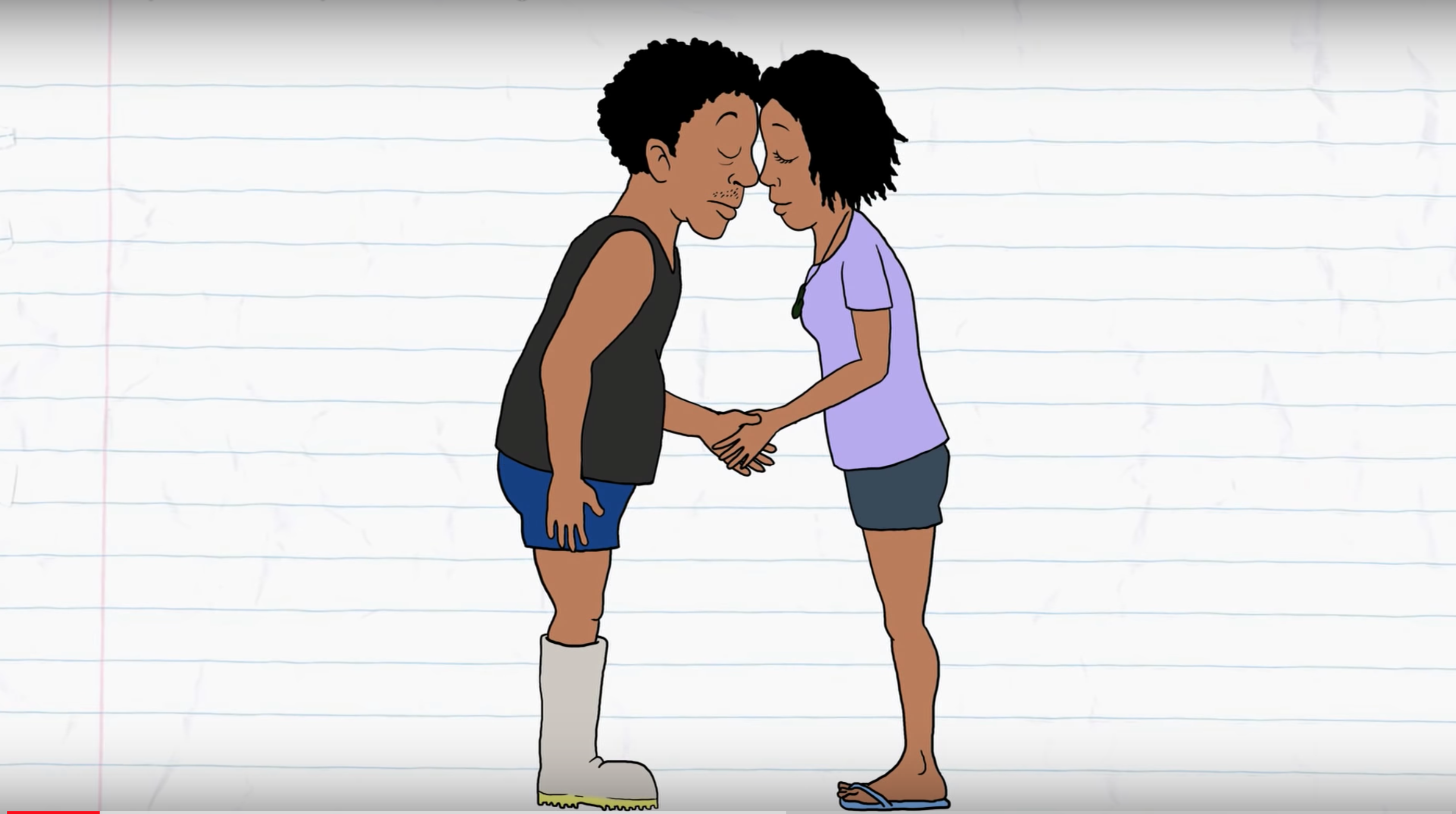Hongi is the name of the traditional form of greeting among the MÄori tribe in New Zealand: Two people press noses to each other and inhale one another’s breath. Due to the current coronavirus outbreak it has recently been banned.
One of the key functions of the human sense of smell is to sustain social communication. For a long time there was a false belief that odor-mediated communication is limited to some “lower” animals. More recently however studies demonstrated the social chemosignaling function for human handshaking, a common form of greeting in Western cultures. Accordingly, sniffing palms after a handshake happens within 30 seconds of the interaction. It helps us learn about someone’s health and genetic compatibility (Frumin et. al. 2015). Â
The practice of Hongi is even more revealing and somehow appealing to the Western gaze. At least this is one impression I got when looking at videos such as: “How to perform a hongi” or this video with representatives of Western hegemony.
[blog_subscription_form title=”” title_following=”You are already subscribed” subscribe_text=”” subscribe_logged_in=”Click to subscribe to this site” subscribe_button=”Click me!” show_subscribers_total=true]
Sources:
Frumin, I. et al. (2015) ‘A social chemosignaling function for human handshaking’, eLife, 4. doi: 10.7554/eLife.05154.
